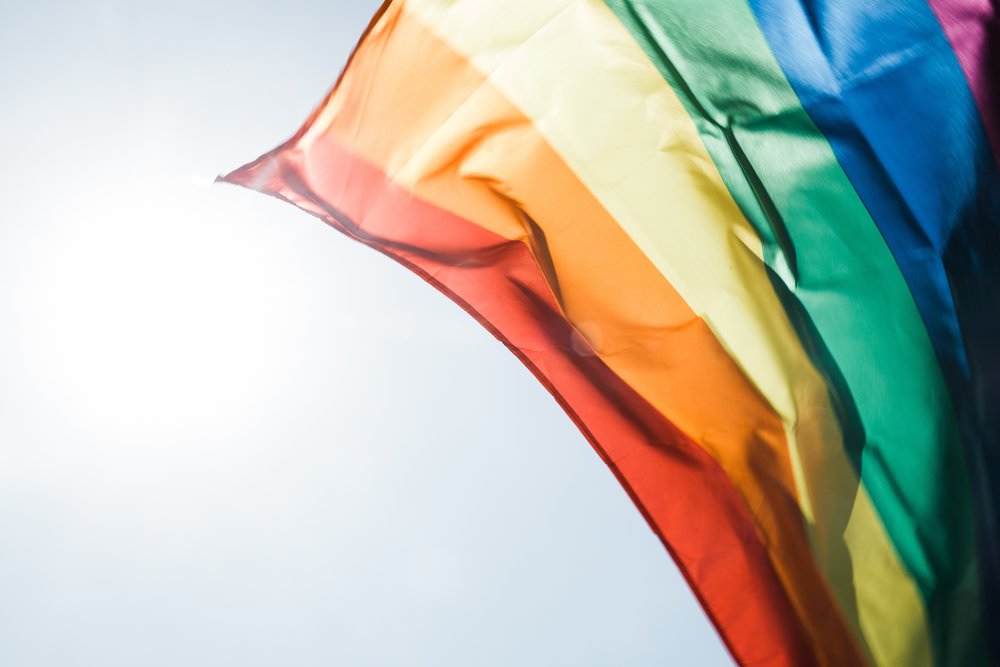Darwin argued that we are a profoundly social and caring species. This idea… that our tendencies toward sympathy are instinctual and evolved (and not some cultural construct as so many have assumed), and even stronger than the instinct for self-preservation
Keltner 2017
People tend to want to relieve the suffering of others. However, when the other is a member of an outgroup, empathy may fail as a result of non-altruistic motivations. Love, Simon isn’t just another a rom-com set in a suburban high school. The themes — of inclusion, bullying and coming out– are especially relevant to teens, young adults, parents, schools and mental health professionals. If it is considered a critical and box office success it may be evidence to those struggling with oppression, suicidal thoughts, and the closet that they are not alone. It may even inspire other similarly themed stories and films. It may inspire some of us to be kinder. It may reduce shame for some of our potentially more vulnerable youth.
Developmentally, during the teenage years, the sense of self becomes more integrated, peer relationships take on heightened importance and the capacities to understand how other people feel and to show real care are deepening. Thus, when adolescents seek acceptance and a sense of belonging beyond one’s family, it is an essential step on their path to psychological resilience and feeling safe in the world. For LGBT teens, this can be more challenging depending on their social context. In this film, we see the main character try to keep his real self, his gay identity, hidden from his friends and family as a form of self-protection. This is not a Hollywood spin. Unfortunately, we know from research that perceived discrimination contributes to elevated risk of depression, self-harm, and suicidal ideation among LGBT youth. Do you find these research findings disturbing? If so, you’ll be relieved to know it is a changeable reality. You can take action that is kind and caring. We all can.
- Provide validating responses to communicate understanding about the struggles of youth who are feeling isolated. Validating improves relationships and buffers against negative emotional arousal & depression.
- Reach out if you see someone having trouble finding a caring community. Even one experience of being seen, heard and included can increase hope. You may recall when someone did this for you. A single person may help build the bridge from isolation to connection.
- Speak thoughtfully to (and about) people who belong to groups different from your own. Don’t make it fragile or rare to share empathy for someone in a outgroup. Whatever your moral code or religion, compassion is ethical.
- Align with Darwin’s findings that we have an instinct toward sympathy, toward relieving the suffering of others.
We will all probably feel excluded at some point in our lives. Hopefully, your experience will last only moments. Love, Simon reminds us that loneliness and isolation are dynamic states. They are temporary and moving. Hearts and minds can transform in settings of compassion. We all have a role in improving the conditions for LGBT youth. If you value your ethical potential, extend empathy, use courage to lend kindness, and develop assertiveness to take positive action. Whether we intend to or not, we each have an impact on the individual members of the communities we belong to and on those who are left out of them.
Sources:
DiSalvo, D. & Keltner, D. (2017) Forget Survival of the Fittest: It is Kindness that Counts. Scientific America.
Siegel, D. (2018). The Yes Brain.
De bruge, P. (2018). Film Review: Love, Simon; Variety.com. Feb. 26.
Almedida, J. (2009). Emotional Distress Among LGBT Youth: The Influence of Perceived Discrimination Based on Sexual Orientation. Journal of Youth and Adolescence. V 38.
Sullivan, K. & Davila, J. (2010). Support Processes in Intimate Relationships. Oxford Press.
Riker, J. (2012). Empathy, otherness, and ethical life: A response to Frank Summers. Journal of Theoretical and Philosophical Psychology, 32(4), 246-250.
Cikara, M. et al. (2017). Us and Them: Intergroup Failures of Empathy. Current Directions in Psychological Science.
All Blogs


